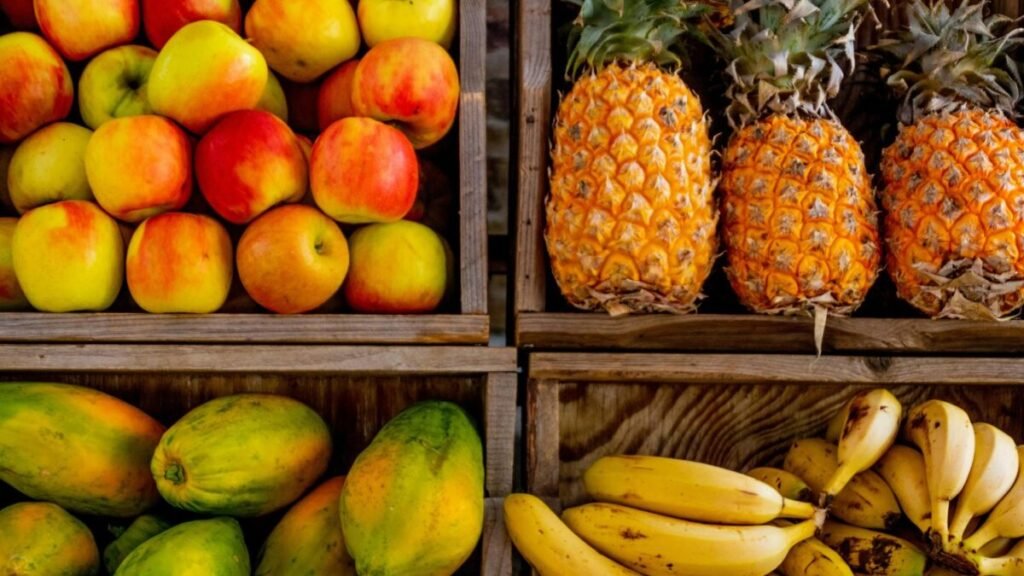These tiny fruits are like water bombs: your best hydration allies without you even noticing

The refreshing power of fruits
Hydration is not just about the water we drink; what we eat can also play a significant role. Whether it’s a scorching hot day, post-workout, or even in the depths of winter, certain fruits function as natural hydrators. Sweet, juicy, and packed with nutrients, these fruits boast a high water content that silently contributes to your overall well-being. The best part? They are not only delicious but also easy to include in your daily diet.
Fruits with hydrating properties
Watermelon may be a popular choice for hydration, but it’s not alone at the top. Various fruits come close to its water content per 100 grams:
-
Watermelon: 91.4%
-
Strawberry: 91.0%
-
Cantaloupe melon: 89.8%
-
Grapefruit: 88.1%
-
Peach: 88.0%
-
Orange: 86.8%
-
Pineapple: 86.0%
Although the differences are minimal, these fruits offer a fantastic mix of water, fiber, vitamins, and essential minerals like potassium and vitamin C.

Can fruit consumption hydrate as effectively as drinking water?
While not equivalent, consuming fruits does contribute to hydration. The recommendation is that up to 30% of daily water intake can come from food, particularly fresh fruits and vegetables. Apart from hydrating, these foods offer antioxidants, aid in digestion, and help maintain electrolyte balance.
Nutritionist Maya Feller emphasizes that these fruits “not only aid in hydration but also provide essential nutrients naturally.”
Here are some suggestions for incorporating them into your diet:
-
In fruit salads with a splash of citrus juice.
-
As a frozen treat, especially with strawberries or cubes of melon.
-
In fresh smoothies without added sugars.
-
Mixed with yogurt or oatmeal for a nutritious breakfast.
In fruit salads with a hint of citrus juice.
As a frozen snack, especially strawberries or melon cubes.
As a frozen snack, especially strawberries or melon cubes.
In natural smoothies without added sugar.
In natural smoothies without added sugar.
Mixed with yogurt or oatmeal for breakfast.
Mixed with yogurt or oatmeal for breakfast.
Usage of Hydrating Fruits
Hydrating fruits can be consumed in various ways to maintain hydration levels in the body. One common way is to have them as frozen snacks, such as frozen strawberries or melon cubes.
In natural smoothies without added sugar is another popular option.
In natural smoothies without added sugar is another popular option.
They can also be mixed with yogurt or oats for a refreshing breakfast option.
They can also be mixed with yogurt or oats for a refreshing breakfast option.


All-Year Options, Including Winter
While fruits like watermelon or melon are typically associated with summer, winter also offers good hydration options. Citrus fruits like orange, mandarin, or grapefruit have a high water content (between 85-88%) and provide vitamin C to boost immunity during cold season.
Fruits like pears (84%) or apples (86%) are also great choices as they can be easily stored and consumed raw or cooked. As spring approaches, strawberries make a comeback as one of the most hydrating and delicious options in the market.
Rich, Natural, and Effortless Hydration
Incorporating hydrating fruits into your diet is a tasty and practical way to take care of your body. While they do not replace water, they complement it by providing more than just fluids: freshness, nutrition, and pleasure. Best of all, they are accessible to everyone, regardless of the season.






